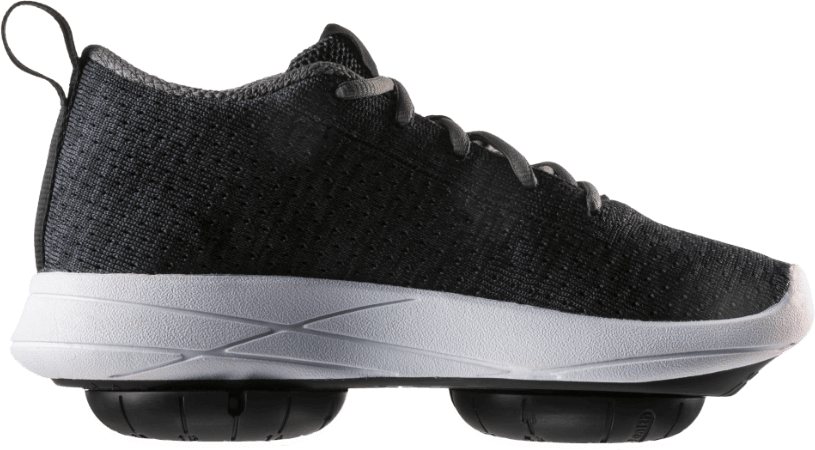The Difference Between a Treatment and a Cure
Understanding Arthritis to Better Treat Knee and Joint Pain

Although there’s no cure for arthritis that causes knee and joint pain, advances in research have allowed us to better understand the different forms of the condition and develop treatments. It is important to be familiar with the type of arthritis you have. There’s a huge benefit to addressing arthritis early and taking steps that can help manage the condition.
Rheumatoid arthritis
When it comes to the causes of RA, doctors do not know why the immune system malfunctions and causes the disorder. Some RA patients tend to have genetic factors that make their predisposition to RA more likely. The condition can also be triggered by bacteria or a virus. Middle-aged women are also more likely to have RA than middle-aged men but, again, physicians are still unsure of what actually causes the condition to manifest.
Osteoarthritis
OA is prevalent in older adults as they have had more wear and tear on their joints over time but this type of arthritis can also come from injuries.
Gout
Gout is often caused by lifestyle choices such as eating too much red meat, organ meat, and certain fishes, not drinking enough water, and alcohol consumption. Genetics, certain medications like diuretics, or pre-existing conditions such as high blood pressure or diabetes also make it more likely for an individual to get gout. Middle-aged men or postmenopausal women are the most common groups with this condition.
Non-Invasive Pain Management Techniques and Treatments

Medication
Physical therapy
Doing specific exercises may help people with arthritis lose weight, increase strength in the muscles around the joints, promote bone strength, improve flexibility and range of motion, have more energy throughout the day, sleep better at night, and feel better, overall.
Hot and cold packs
Healthy Diet and Exercise
Maintaining a healthy diet and regular exercise are things everyone should strive to do but are especially important for people with arthritis.
Regular exercise combined with a healthy diet consisting of fruits and vegetables and foods with omega-3 fatty acids, vitamin D can help promote joint and bone health.
In addition to their primary benefits, maintaining a healthy diet and exercise can also help control weight which helps ease the symptoms of arthritis, boost the body’s immune system for those with RA, and lower uric acid levels in gout patients.




